‘It changed my life as a CEO, a husband and a parent’
Russell Glass, the easygoing and quietly self-assured boss of Headspace, the mental health support company, does not appear to be a worrier. But he once suffered from crippling impostor syndrome. It was 2014 and he had started a job as a senior executive at LinkedIn, just as his third daughter was born. The combination of additional responsibilities in an unfamiliar corporate environment and very little sleep proved to be corrosive.
“I found that I didn’t trust my gut instinct. I went from a 200-person company to a 5,000-person company. I saw the way they were doing things and I just felt, how could that possibly be the way you do things. But this is LinkedIn, a hugely successful company so [I thought] it must be me. As an entrepreneur, I’ve never worked at a company that’s big and I just don’t really know how to do it.”
After a few months of grappling with his self-confidence, Glass attended a workshop run by Andy Puddicombe, a former monk who founded Headspace with Richard Pierson in 2010. He’d been brought in by Jeff Weiner, then the chief executive of LinkedIn, who had become an early convert to mindfulness. Thinking it might help, Glass downloaded the Headspace app while Puddicombe was still mid-flow, and in the weeks that followed started a daily routine of meditating for ten, then 15 minutes.
Its effects, he says, were transformative. “It’s changed my life as a CEO. It’s changed my life as a husband and changed my life as a parent. Because now I feel like I have the ability to note these feelings but I don’t let them consume me,” Glass says. He adds that Headspace employees have a Slack channel full of similar tales of how mindfulness and meditation have helped people to overcome setbacks. I tell him my own story: a hormonal imbalance after giving birth to my daughter seven years ago led the doctor to prescribe antidepressants to deal with crippling anxiety. I decided not to cash it in, instead opting for acupuncture and several Headspace sessions a day until the anxiety passed.
Although it might feel like we have reached “peak mindfulness” in recent years, Glass says there is still “a lot of work to do” to persuade people to invest in their mental health as much as they do their physical health. Headspace is just entering its busiest period of the year. The number of mental health crises peaks around Christmas and early January, Glass says, and there’s also an increasing number of people who start meditating as part of new year’s resolutions to take better care of themselves.
“It’s become far more accepted and, frankly, cool to talk about mental health in the younger population. But we still have quite a bit of stigma and a fear of talking about mental health as you get into the older population and some sub-segments of the population [such as] certain minority populations.”
This is despite the need for better mental health support never being greater, Glass says. “When the pandemic came we saw a doubling overnight of the mental health need … and the acuity went up as well.” The pandemic has waned but “the mental health need really hasn’t”. Glass puts that down to the macroeconomic climate as well as the continuation of home working, despite the lifting of Covid restrictions.
“The world has become far more complicated. We’re in a difficult inflationary environment so people are worried about the state of their finances. The political environment is complicated. And nobody’s getting enough sleep, but particularly younger generations aren’t getting enough sleep. There are way too many screens. And the displacement that took place during the pandemic, the move to remote work, the change in lifestyle, and now the uncertainty whether you’re going to be forced back into the office — all of that has affected mental health,” says Glass, adding that feelings of isolation tend to be more prevalent among younger members of staff.
“For thousands of years throughout human history, we’ve met our friends at work. A lot of who we are and the interactions we have, happen at work. So I do think that there is a loneliness, particularly for those who aren’t in families yet, to not go into an office, to being at home all day,” he says.
He said that it would soon become clear that those who have remained visible in the office get promoted more quickly than their peers who work from home.
“We know that people are more likely to get promoted when they come into an office … I strongly suspect that we’re going to see the longitudinal data that people who spent time in the office early in their career are going to advance more quickly,” he said.
“You learn by watching, you learn by interacting. If you’re at home your whole career, it’s going to be tricky to learn … and [make] the random connections that you have throughout your life.“Those things are important to how our careers develop.”
Questions have been asked about the health of Headspace’s own business this year after it raised $105 million in debt financing, rather than selling more equity, this summer. Glass says he opted for debt because “equity is just very expensive” at the moment, and debt was cheaper. He claims the money is merely a financial buffer for the lossmaking company. “We want to make sure that we can weather any storm,” he says, adding that he doesn’t know “what 2024 is going to bring. One of the complexities of this period is the uncertainty.”
Glass still expects Headspace to become profitable in 2024, helped by his decision this year to trim its workforce by about 10 per cent to 800 employees. “Because of the uncertainty and the climate, because of the slowdown in consumer purchasing, 2023 was a harder year than we thought it was going to be and we decided to make those changes.”
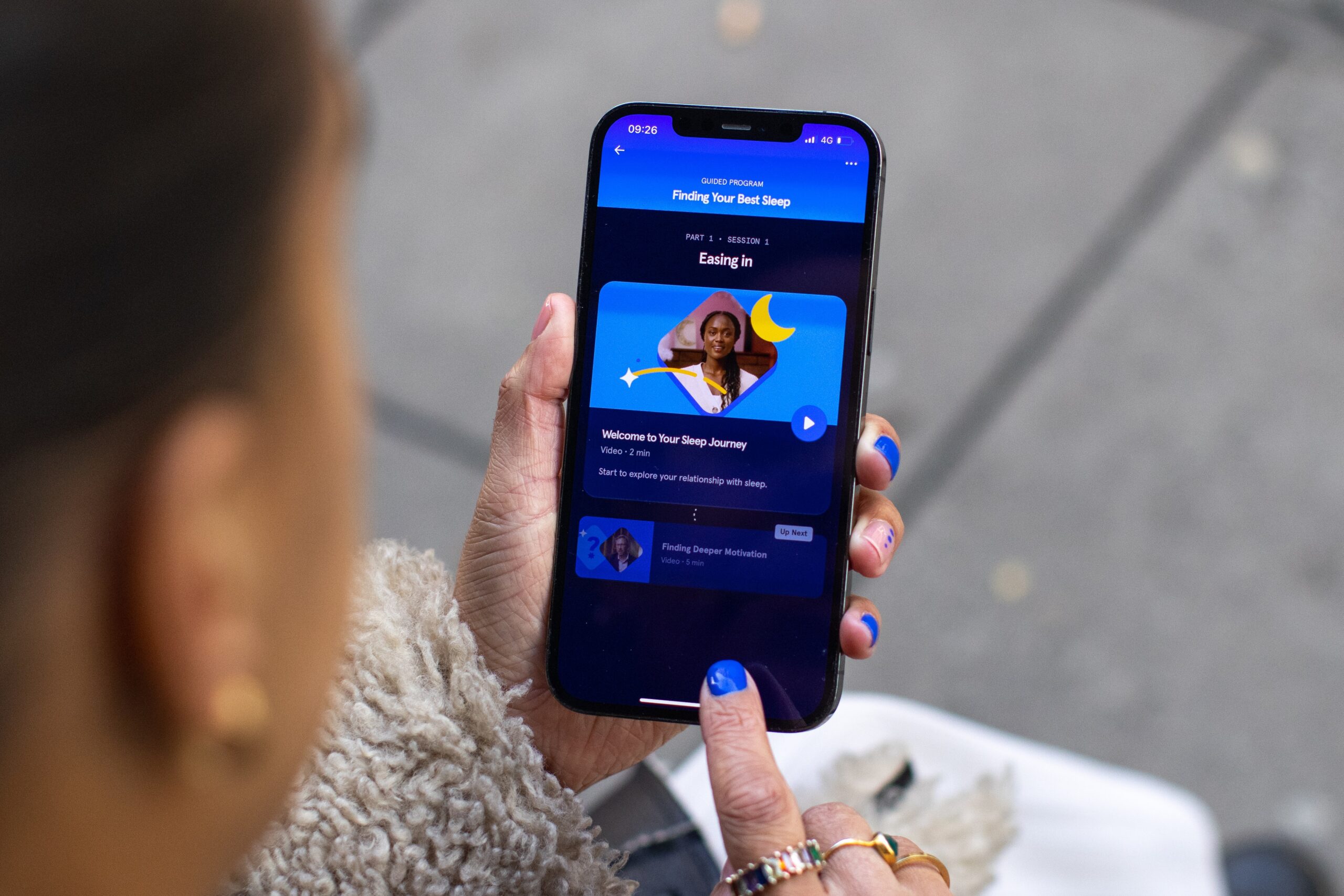
He also said that the cuts were a natural consequence of a merger two years earlier with Ginger, a healthcare company. At the time the merged group was valued at more than $3 billion. “Mergers are complicated because you’re taking two different groups of people, two difficult cultures … and you’re trying to bring it together. It’s why if you look at the statistics most mergers fail,” Glass says. Where Headspace was a scrappy tech start-up, bringing mindfulness and meditation content to consumers’ fingertips, Ginger was “a healthcare company. It’s a medical provider, it’s a hospital. Those are two very different things,” he says.
While the group is best known for the Headspace app, which has had 100 million downloads, 60 per cent of its revenues come from 4,000 business customers, who offer their staff Headspace and other mental health support, including behavioural health coaching, therapy and psychiatry services. Glass expects business-to-business sales to increase to 75 per cent “in the next few years”, which he says means that Headspace is less exposed to consumer spending.
He has not ruled out taking the company public in the coming years, as it would boost brand awareness, but will not be drawn on when. “If we want to be the brand people think about when they think about mental health, being public probably helps,” he says.
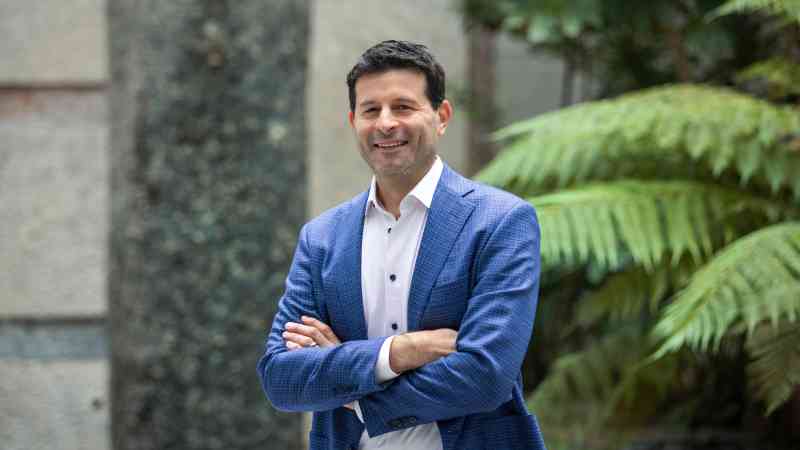
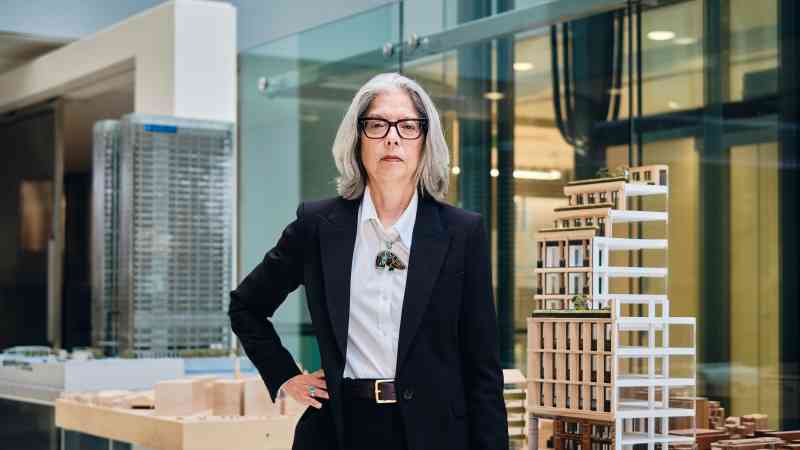
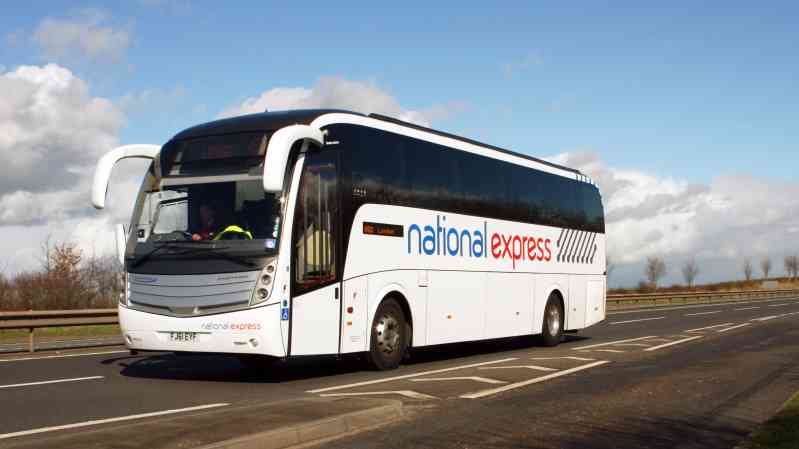
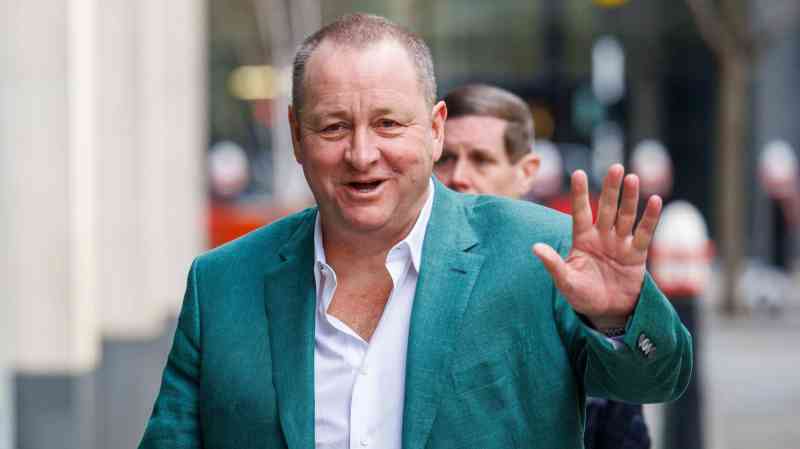
Post Comment